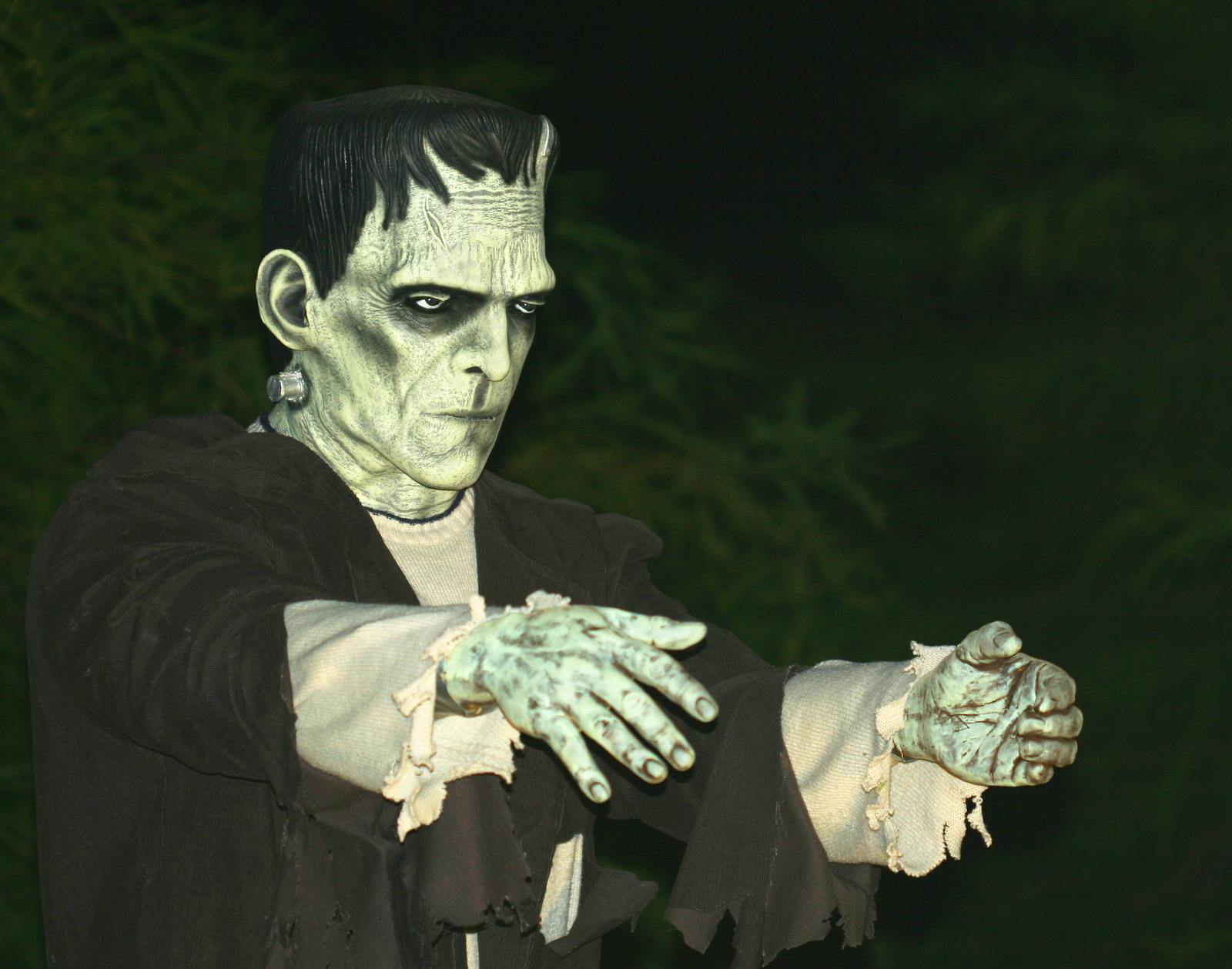The idea of AI has been with us since Mary Shelley published Frankenstein in 1818. The recent HBO show Westworld is basically the same story. Pop culture has created an image of AI that offers tantalizing benefits, but is also a Pandora’s box capable of unleashing forces that will wreak havoc. From Forbidden Planet to The Matrix, AI is usually shown in a dystopian world, with the subtext being that we did this to ourselves. Elon Musk recently described AI as being an existential threat to the human race, conjuring up visions of HAL and Skynet.
So with AI in the news as much as Russia and claims about it that are equally lacking in substance, it’s no surprise that we’re being bombarded with predictions of an apocalypse from which few jobs are immune, including those of recruiters.
The fear that robots controlled by AI will take jobs away from people is belied by the record of the automotive industry. The industry has added over 50,000 robots from 2010 to 2016. Over the same period, employment in the industry increased by 260,000.
While it’s clear that the development of advanced technologies that are capable of learning is accelerating, it’s far from clear what the impact on jobs will be. It’s easy to see the impact on telemarketers but much harder to predict the impact on surgeons. Products already exist that can interpret x-rays and MRIs, along with robots to perform surgeries. IBM’s Watson will soon make better diagnoses than any human doctor, but an MRI machine is not about to become a Fotomat, where a patient walks in and leaves with a diagnosis for the next treatment. A human still has to review the options for treatment and discuss those with the patient. The impact of AI has not been a reduction in the need for radiologists and surgeons, but rather an increase in their productivity.
It’s About the Data
Much of what is considered AI is pattern recognition, whether it’s interpreting an x-ray or a resume. Which is why AI works best where 1) the work done by people is inconsistent and unreliable, and 2) there are large amounts of usable data. Investing is one field where it’s been demonstrated that people do a poor job of providing financial advice, and machine learning software is better at making decisions because no human can possibly make sense of all the data available.
What AI software does well today is eliminate tasks that are tedious, mind-numbing, and prone to error because of ambiguity. That does not mean they are simple tasks. Driving is a perfect example. A lot of recruiting-related tasks also fall into the same category. This is why we’re seeing the development of AI products that do interview scheduling and scoring of video interviews.
Recruiting has not fundamentally changed for centuries. While it’s been known since the 1940s that using regression models to make hiring decisions produces more consistent, and usually better results, few employers use a purely data-driven approach to hiring. AI may make it easier to do so. For a preview of how that may work consider the hiring process for Unilever. The company uses a completely automated process that combines data from the job application, online games, and video interviews. An algorithm analyses the data and recommends the best candidates to the hiring manager for a face-to-face interview.
With the technologies available today, it’s not unrealistic to have a sourcing product that mimics the experience of walking through a mall shown in Minority Report. In the scene, Tom Cruise is walking past stores when the displays outside call him by name and offer him products. That seemed radical in 2002. But think about it for a minute and you’ll realize that it’s just facial recognition combined with preferences gathered from social media. The same can be done for jobs.
But the need for human interaction will mean that many jobs will not be automated even if the results are better. Think of a sommelier at a restaurant. Even if a product becomes available to analyze wine from a bottle and make a recommendation, it’s not likely to be popular. No restaurant is going to replace their sommelier with a machine that looks like it’s designed for urinalysis. That won’t do much for wine sales, no matter how good the results.
Faster: Yes. Better: Maybe
The word “artificial” means “made or produced by human beings.” AI is software programmed by people. It is not a god from a machine. It is not capable of cognition and it may very well perpetuate the mistakes of its creators. There’s already concern that AI systems echo human prejudices, including discriminatory views on race and gender.
The real promise of AI in recruiting is in the predictive power of algorithms. This is the kind of stuff I am working on. For example, being able to predict if there are enough of the right kind of applicants in the pool to fill a job. That requires having a machine learning model that combines data from resumes, social media profiles, hiring manager preferences from the ATS, and performance ratings of high performers. Done right, it could do more for a recruiter than all the process automation technologies combined.
What does that leave a recruiter to do? There’s still a lot to be done, but it may be work that’s not done today. Like bank tellers, whose jobs were supposedly decimated by the advent of ATMs, but in reality grew in both numbers and salaries as banks turned them into providing more customer service and sales, AI may fundamentally redefine what a recruiter does. Allowing for more time to focus on getting candidates on-boarded, working on internal mobility, or figuring out how well a candidate will fit into a team.
Stay tuned.
